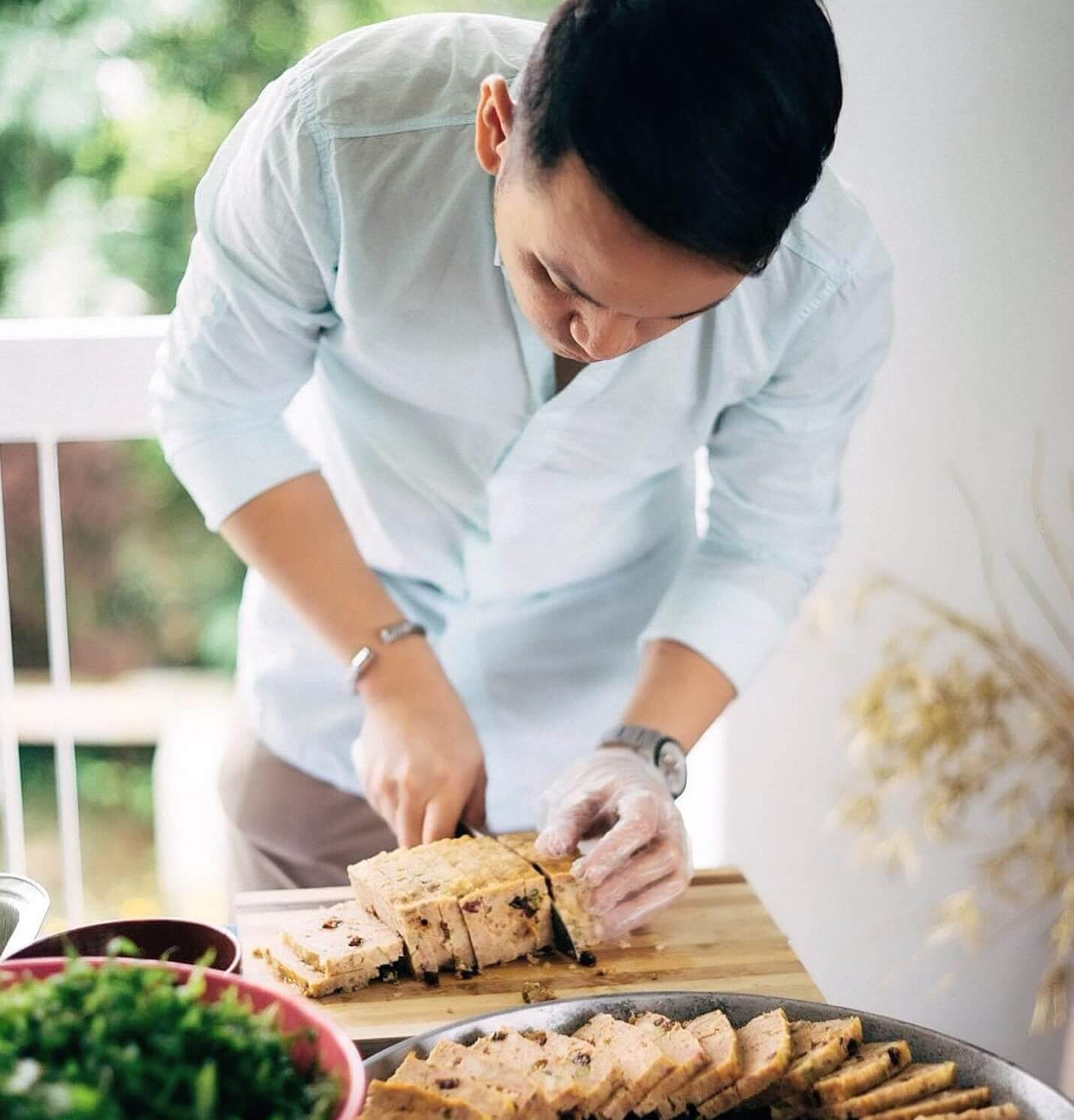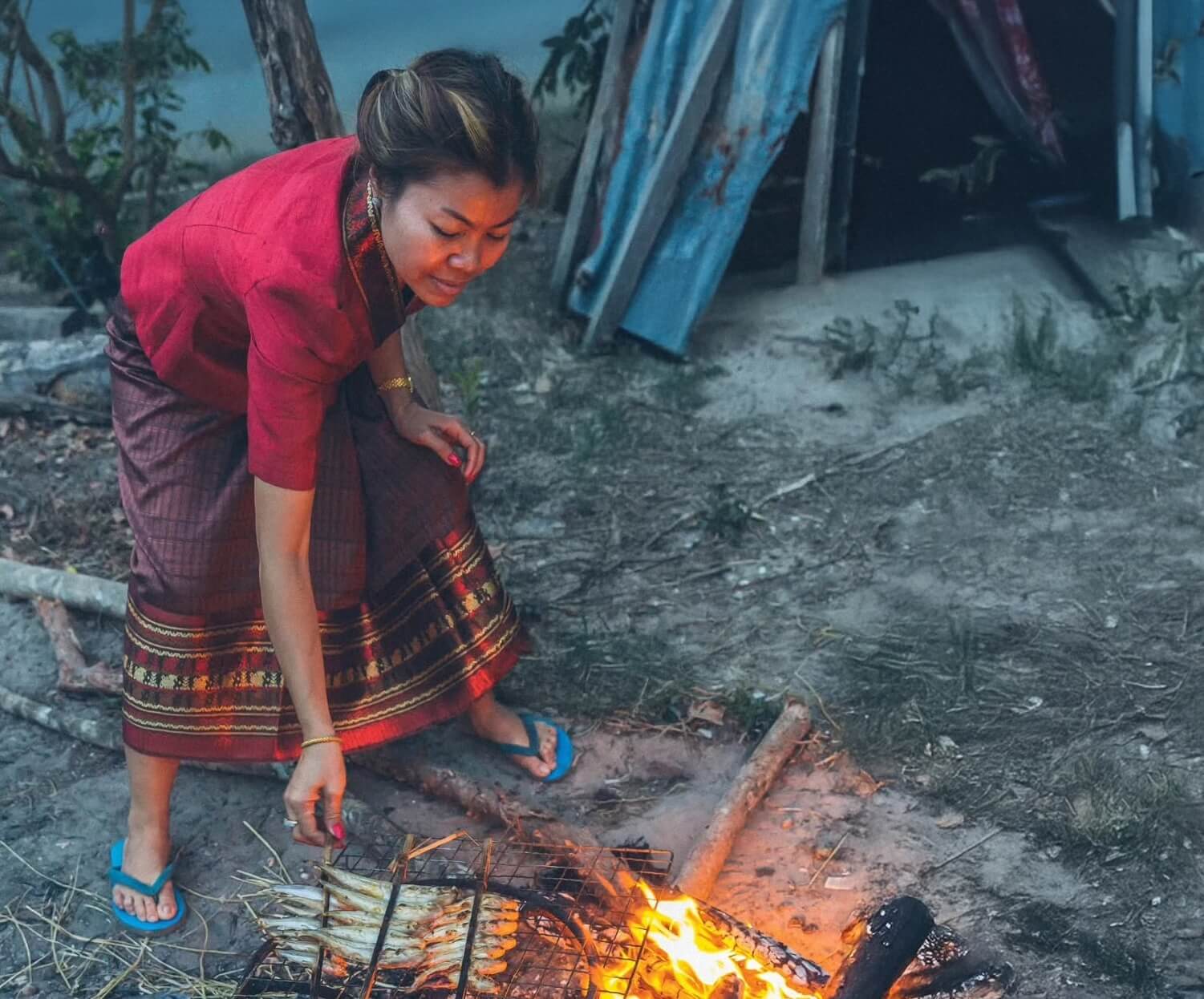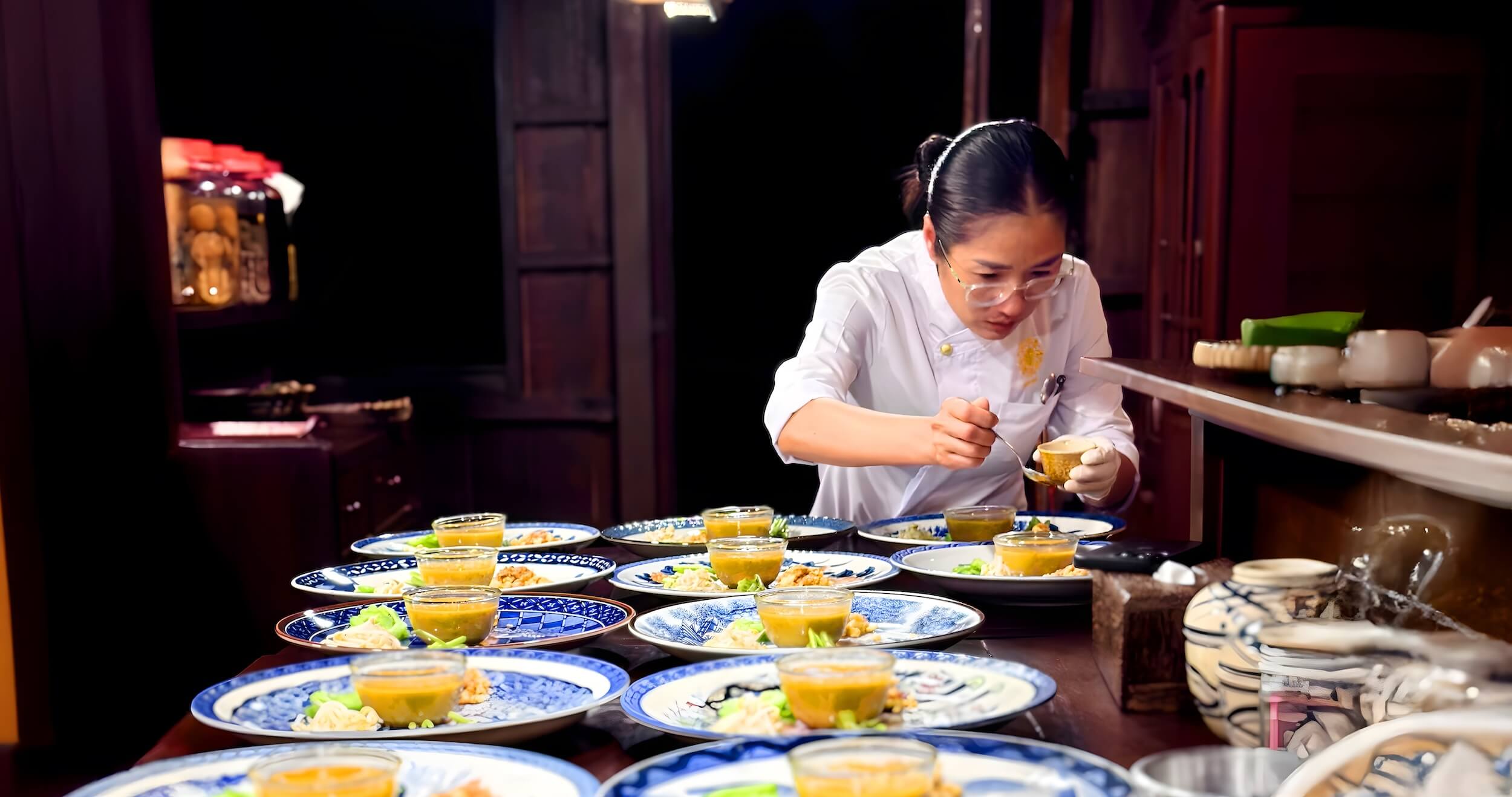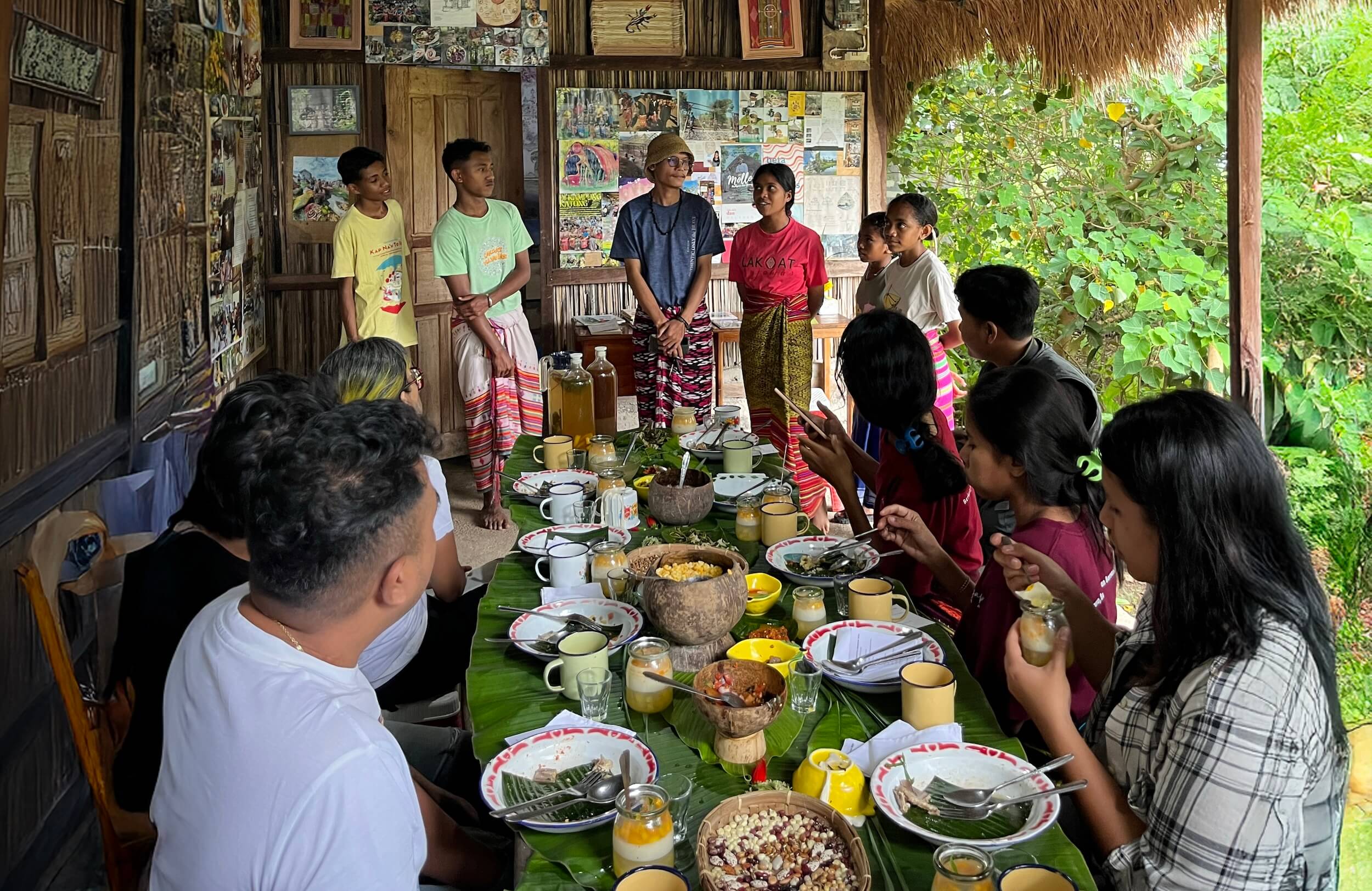



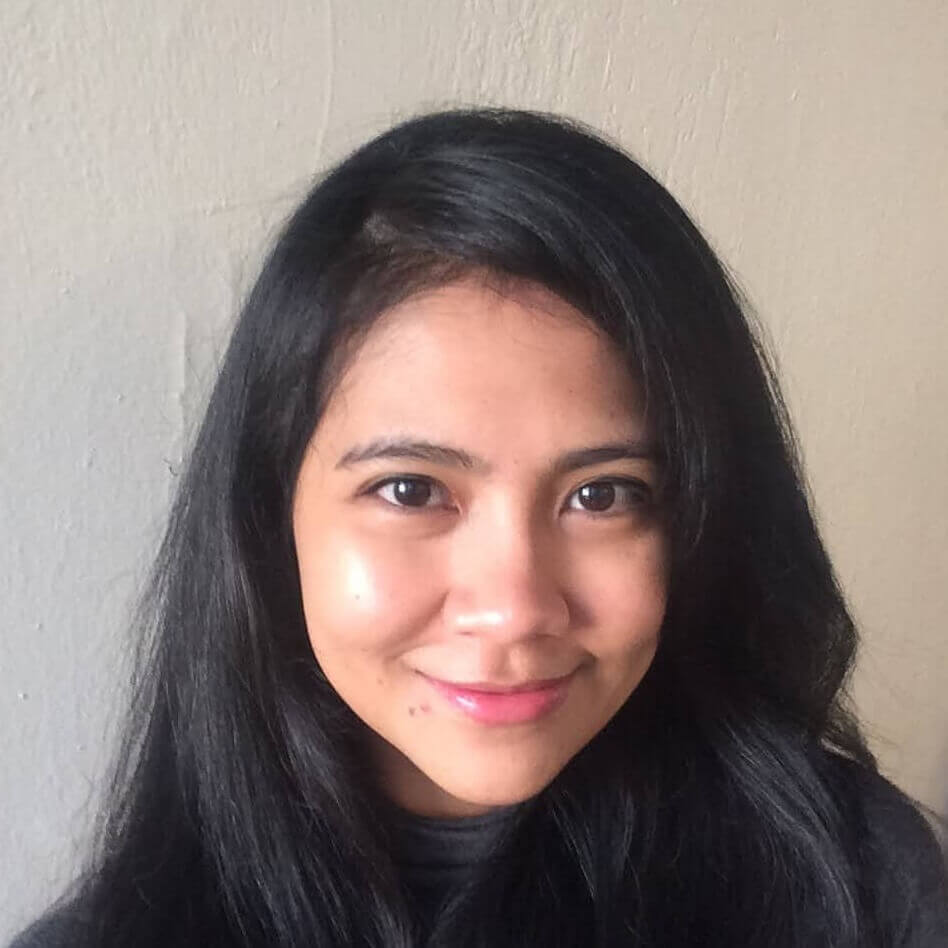
Lakoat.Kujawas (Timorese for loquat and guava) in the Mollo highlands of Timor, East Nusa Tenggara, Indonesia, is a thriving community-led initiative that archives local knowledge and creates spaces for people to gather, celebrate, learn, and preserve their cultural heritage. Since it began in 2016, Lakoat.Kujawas has evolved from a library into a broader archival centre.
Its founder, 39-year-old writer Dicky Senda was then researching for his short story anthology Kanuku Leon. While collecting folktales from his hometown, he was struck by the irony of travelling to university libraries in Java or even the Netherlands to learn more about his local culture.
Five years into his archiving journey brought Dicky into the world of indigenous food and its traditions. Today, Lakoat.Kujawas runs a food laboratory where community members can preserve local and traditional cuisines. Here, they also experiment with new cooking techniques and explore more ways of using locally sourced ingredients.
Dicky Senda explains to The ASEAN how the clan structure in Mollo is closely connected to its food system. Like many indigenous tribes, family names and food traditions are closely tied to their natural surroundings, such as springs, trees, and even edible plants, roots, and seeds.
“The Tapatab clan, for example, is associated with purple tubers, especially purple taro. They are prohibited from eating purple taro because it’s part of their identity. They are responsible for caring for these plants because they are part of who they are.”
During his research, Dicky realised that this naming tradition was also a way for Mollo’s ancestors to maintain the ecological balance.
He explains, “If person A isn’t allowed to eat a certain food, person B is restricted from something else; in the end, there’s a balance. What others eat, I do not eat; what I eat, others do not. As human beings, we’re not meant to be greedy. We’re meant to take only what we need, eat only what we need. That’s the core value.”
Unlike many parts of Timor Island, the people of Mollo are fortunate to live in a highland where the soil is more fertile, the weather is milder, and the water supply is sufficient. Their ancestors lived in abundance, surrounded by nature’s generosity.
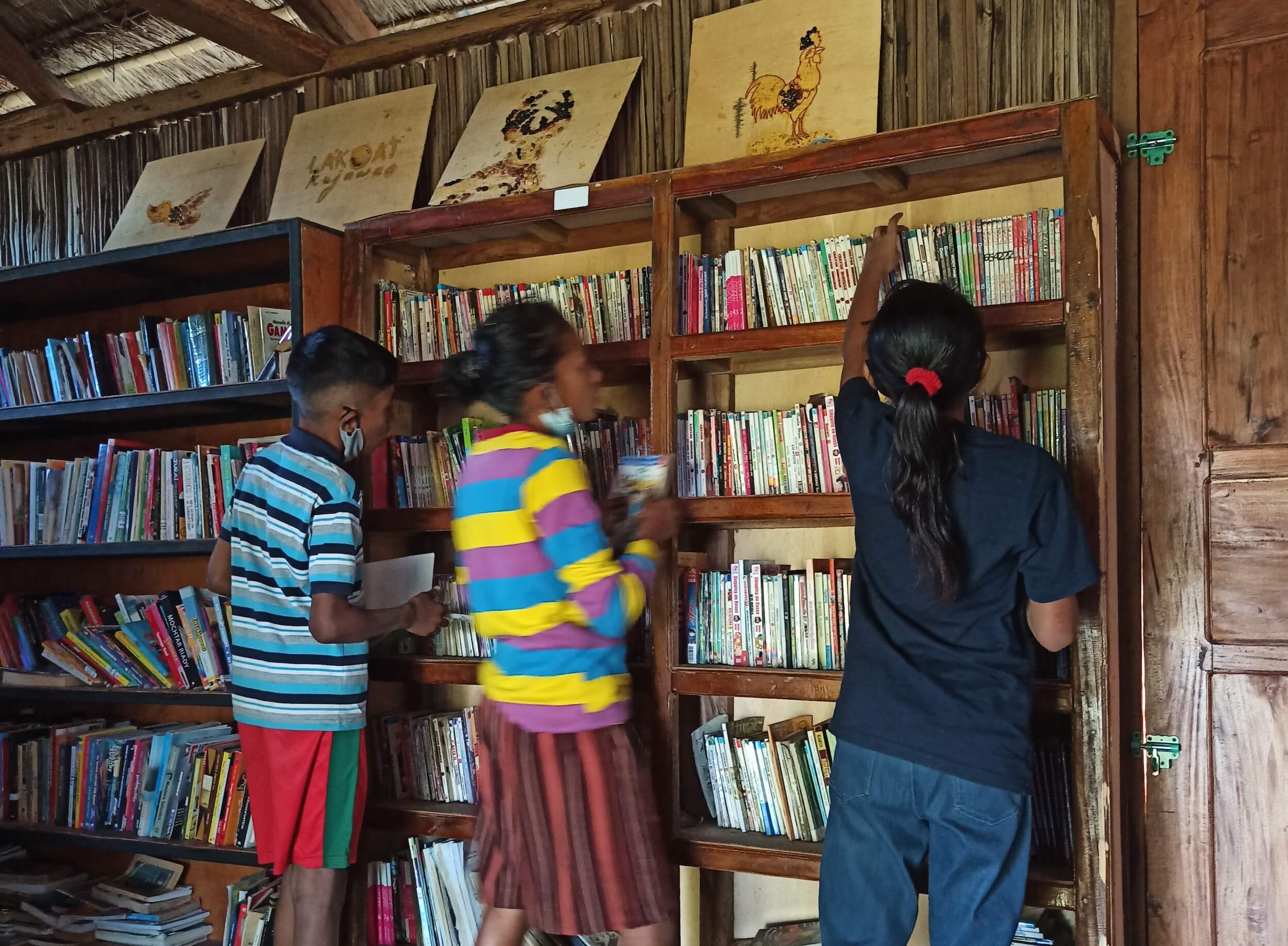
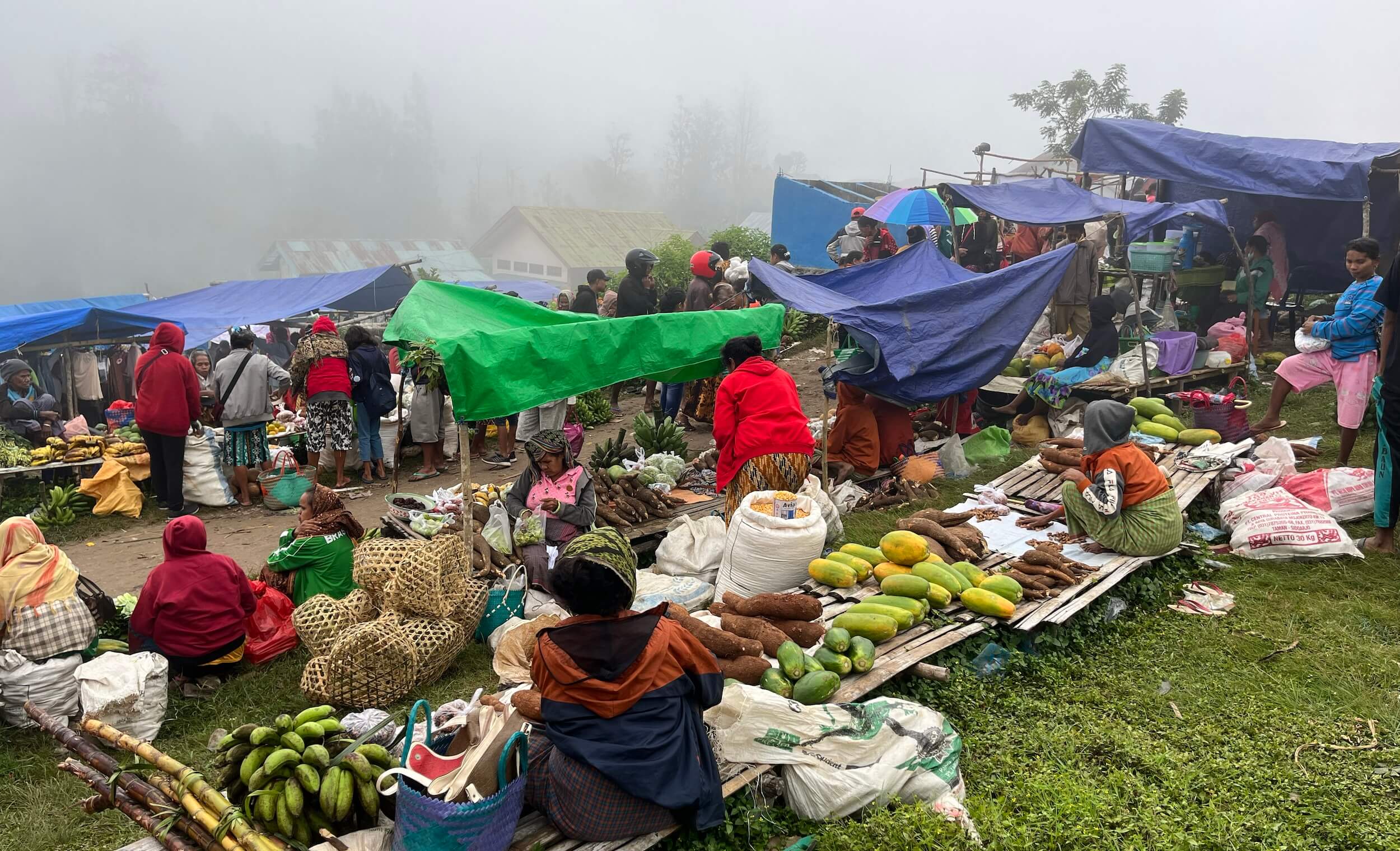
“As a result, Mollo developed its own culture, food system, and culinary traditions, among other things. This is what we discovered through our archival work,” says Dicky.
However, over time, it has become increasingly difficult to sustain the way of life they once knew. “Our biggest challenge is actually the larger system operating above us,” Dicky notes.
Take rice, for example. Dicky explains that people in Mollo do not have paddy fields. However, a belief has emerged over time that only poor people eat corn, roots, or nuts. There is this notion that everyone must eat rice, so much so that people say, “You haven’t eaten unless you have eaten rice.”
“We are told to take pride in local food, yet every month, what arrives is imported rice—subsidised rice for the poor. This contradicts our efforts. We work hard to promote the idea that we should be proud of local food, but in the end, people remain dependent on rice.”
This belief in pursuing a new, more urban lifestyle—including the notion that one must always eat rice—has pressured the people of Mollo to abandon their way of life and migrate, even if it is unsafe to do so. Dicky recalls that when he returned to Mollo in 2016, he saw firsthand how migration left them vulnerable to human trafficking.
He continues, “In the village, we already have everything. But the standards we see on television and in films shape perceptions: city people eat bread, eat rice. This influences people to believe they must leave.”
Other than pursuing an urban lifestyle, many have also abandoned their traditions due to agrarian challenges such as deforestation and climate change. According to Dicky, Mollo ancestors once had a deep understanding of the land, easily distinguishing between planting and harvesting seasons. But today, those methods have largely disappeared.
As the rhythms of nature grow unpredictable and ancestral knowledge fades, preserving food heritage becomes increasingly important. Lakoat.Kujawas’ food laboratory seeks to rekindle a love for local cuisine by first archiving traditional recipes and food preservation techniques such as fermentation, drying, and smoking. Beyond reviving old traditions, they also explore new approaches to food processing.
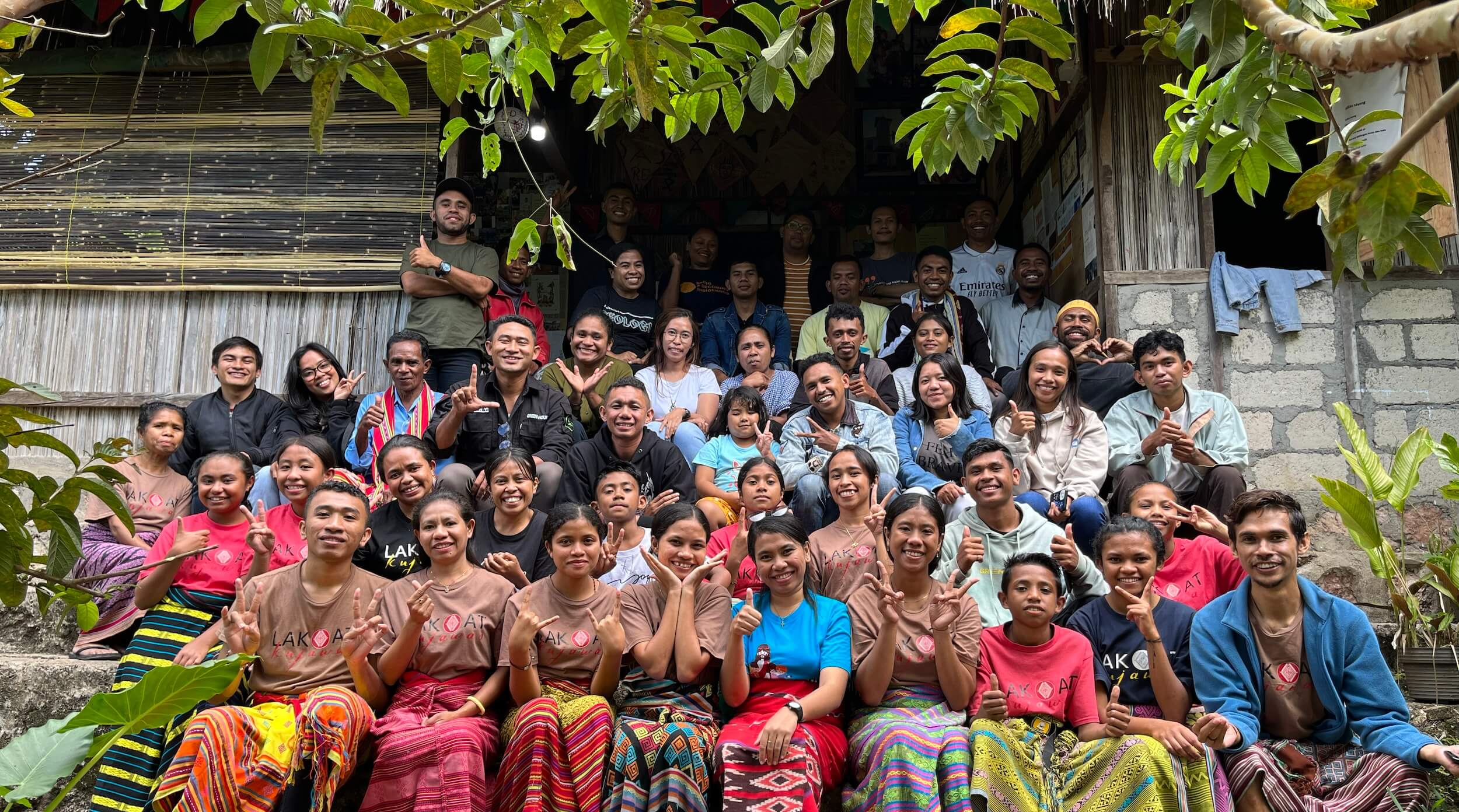
Dicky notes, “How do people in Latin America process corn? How do people in the Arab world prepare legumes? Once, we made ice cream from sorghum, sourdough bread from local flour, and pizza using only local ingredients— without cheese or other imported elements. The idea is to recognise the strength of local produce while also adapting techniques from other cultures.”
Lakoat.Kujawas now has a network across four villages in the Mollo highlands, collaborating with schools, local governments, and churches. Hundreds of enthusiastic youth, children, and dozens of families are involved in the programmes each year.
Dicky explains, “What we do at Lakoat. Kujawas is to revive lost cultural traditions. This is something that people in the villages long for. They miss working together, cooking together. These communal activities once provided a space for local knowledge to be shared, where elders could pass down wisdom to younger generations and where young people could also learn from each other and share knowledge with children.
“At the same time, it allows us to document and preserve these memories and knowledge—how they used to dye threads with tree latex, how they once used plant roots for natural dyes, what types of seeds they used to grow, and so on.”
Lakoat.Kujawas calls their extensive network the “Active Citizens Ecosystem.” The ecosystem is structured with children and young people at the core. “We strive to ensure they have access to the knowledge within their own villages,” Dicky adds.
“Currently, 17 young people are interning with us, preparing to become future village leaders. They learn programme development, research, and initiative design, taking on leadership roles to build their capacity. We connect them to learning opportunities and help them secure scholarships—some study at Universitas Terbuka [Indonesia Open University], others at universities in Kupang.”
For those outside of Mollo, the Lakoat. Kujawas social enterprise arm offers services related to tourism, gastronomy, culinary traditions, cultural history, and local food systems. The profits, Dicky says, benefit members of the community—women, young people, and local collaborators—who take on roles as facilitators, tour guides, and concept developers.
Dicky Senda and Lakoat.Kujawas want to inspire others across the region to return to their hometowns and villages. Villages, he says, are part of our present and future.“This is a message of solidarity for young people everywhere who have the courage to return home and rebuild their villages. I stand in solidarity with those who choose to stay in their villages, who strive to build businesses, create movements, and invest in their communities. It is not easy to return home and build something meaningful.”
Lastly, Dicky critiques the rise of food vloggers who focus only on “what tastes good and what doesn’t” or “what is filling and what isn’t.”
“Please, let’s start looking at food through a more complex lens—it’s never just about whether it satisfies hunger or tastes good. There are so many nuances behind a dish: the people who make it, the culture behind the cuisine. That’s what truly matters.”
The views and opinions expressed in this conversation are solely of the interviewee and do not reflect the official policy or position of ASEAN.




